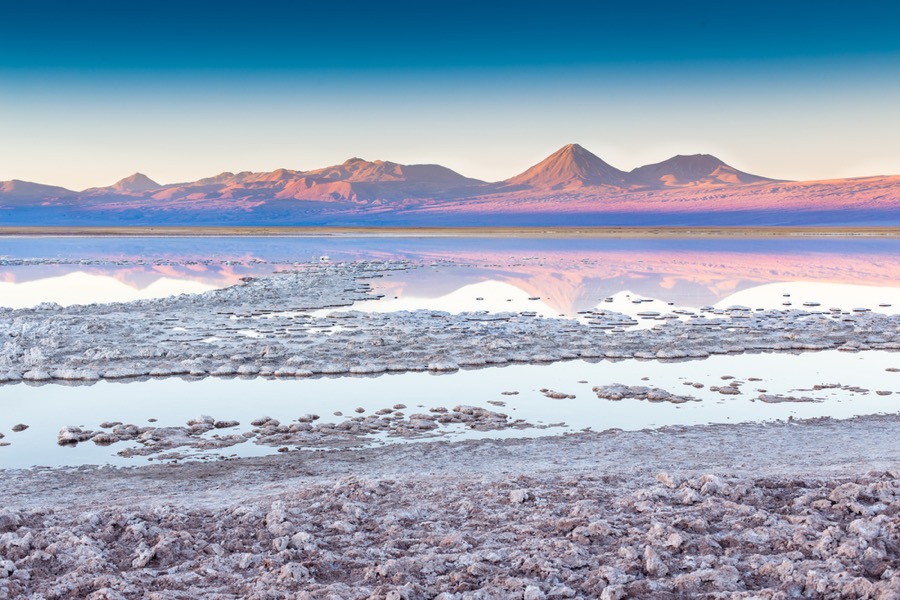Chile to push both private and public investment in lithium

Chilean Mining Minister Baldo Prokurica said on Tuesday the government of the South American mining powerhouse would favor neither private nor state investment as it seeks to ratchet up output of its world-leading reserves of ultralight battery metal lithium.
At a gathering of lithium investors in Santiago, Prokurica said the administration of center-right President Sebastian Pinera would work to ensure a combination of both state and private investment to double Chile’s production to 230,000 tonnes of lithium carbonate equivalent per year by 2023.
The country produced 96,053 tonnes of the white metal, which is used to make electric vehicle batteries, in 2018. Demand is expected to triple by 2025.
“This government is not partial to either the private or public sector when it comes to the development of lithium,” Prokurica told the Fastmarket’s Lithium Supply and Markets Conference.
Prokurica’s statement comes one week after billionaire businessman Pinera, a champion of investors, said in a state of the nation address that his administration would soon release a long-awaited state lithium policy to promote development of the industry.
Prokurica’s speech did not provide specific details of that policy.
Chile’s policy toward lithium has been deeply critiqued as unclear for newcomers. Despite prime production conditions and upward of 50 percent of the world’s reserves, according to United States Geological Survey data, the country has not permitted a new lithium mine since the boom for the metal began in 2014.
Chile’s policy toward lithium has been deeply critiqued as unclear for newcomers
Chile now requires private miners to partner with the state or obtain a special permit known as a CEOL to mine lithium on their own.
The problem, would-be miners say, is that the government has yet to provide guidelines for obtaining a CEOL. Nor has it announced a uniform royalty or tax scheme that would help investors gauge the risks.
In his talk in Santiago, Prokurica emphasized Chile’s geological advantages, citing the country’s 45 salt flats. Chile relies entirely on top producers SQM and Albemarle Corp operations in the Salar de Atacama, one of the world’s richest known sources of lithium.
Emma Hall, Tianqi Lithium Corp’s vice president for corporate development and marketing, said she saw opportunities for new players in Chile’s market but said rules were not the only constraint.
“We’re all looking forward to details of the new policy to be published,” she said. “It’s not just the regulatory approvals that are required. You’ve got to have a good resource.”
(By Dave Sherwood; Editing by Bill Trott)
{{ commodity.name }}
{{ post.title }}
{{ post.date }}




Comments